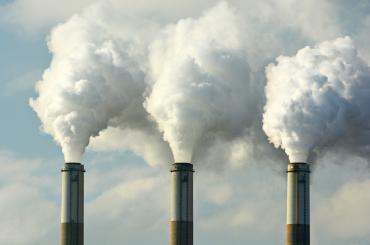

Michael Greenstone
Milton Friedman Professor in Economics and Director of the Energy Policy Institute, University of Chicago
Michael Greenstone is the Milton Friedman Professor in Economics, the College, and the Harris School at the University of Chicago. He currently serves as director of the Energy Policy Institute at the University of Chicago (EPIC), director of the Becker Friedman Institute, and is co-chair of the Energy and Environment sector at MIT's Abdul Latif Jameel Poverty Action Lab (J-PAL). Under the first Obama administration, he served on the Council of Economic Advisors as chief economist. His research interests focus on development economics and environmental economics.
Recent work by Michael Greenstone
-

The social cost of carbon
Why is estimating the social cost of carbon such an important task for researchers?
Published 12.12.23
-

How citizen participation affects environmental governance: Evidence from social media in China
Social media provides a powerful mechanism for citizens to make their voices heard, which spurs improvements in how governments regulate pollution
Published 29.11.22
-

Should electricity be a right? Evidence from India
A social norm in which people deserve access to electricity regardless of payment may actually be undermining efforts for universal access
Published 18.11.20
-

Technology as a tool for governance: Evidence from China
Technology can help governments monitor agent actions more efficiently and improve public welfare
Published 11.11.20
-

Improved cooking stoves in India: Evaluating long-run impacts
The limited impacts of an improved cooking stove programme in India suggest that testing interventions in real-world conditions is important
Published 30.09.19
-

The global energy challenge
What are 3 key energy challenges the world faces? How can they be overcome?
Published 27.03.18